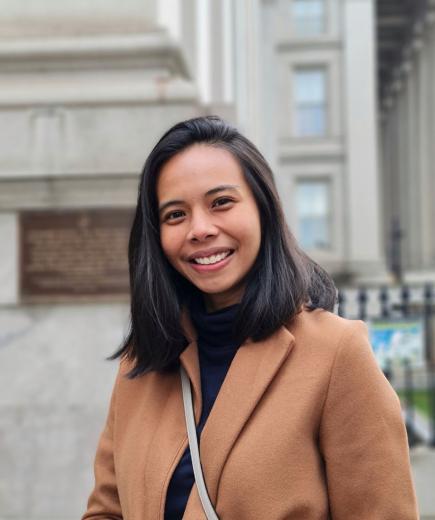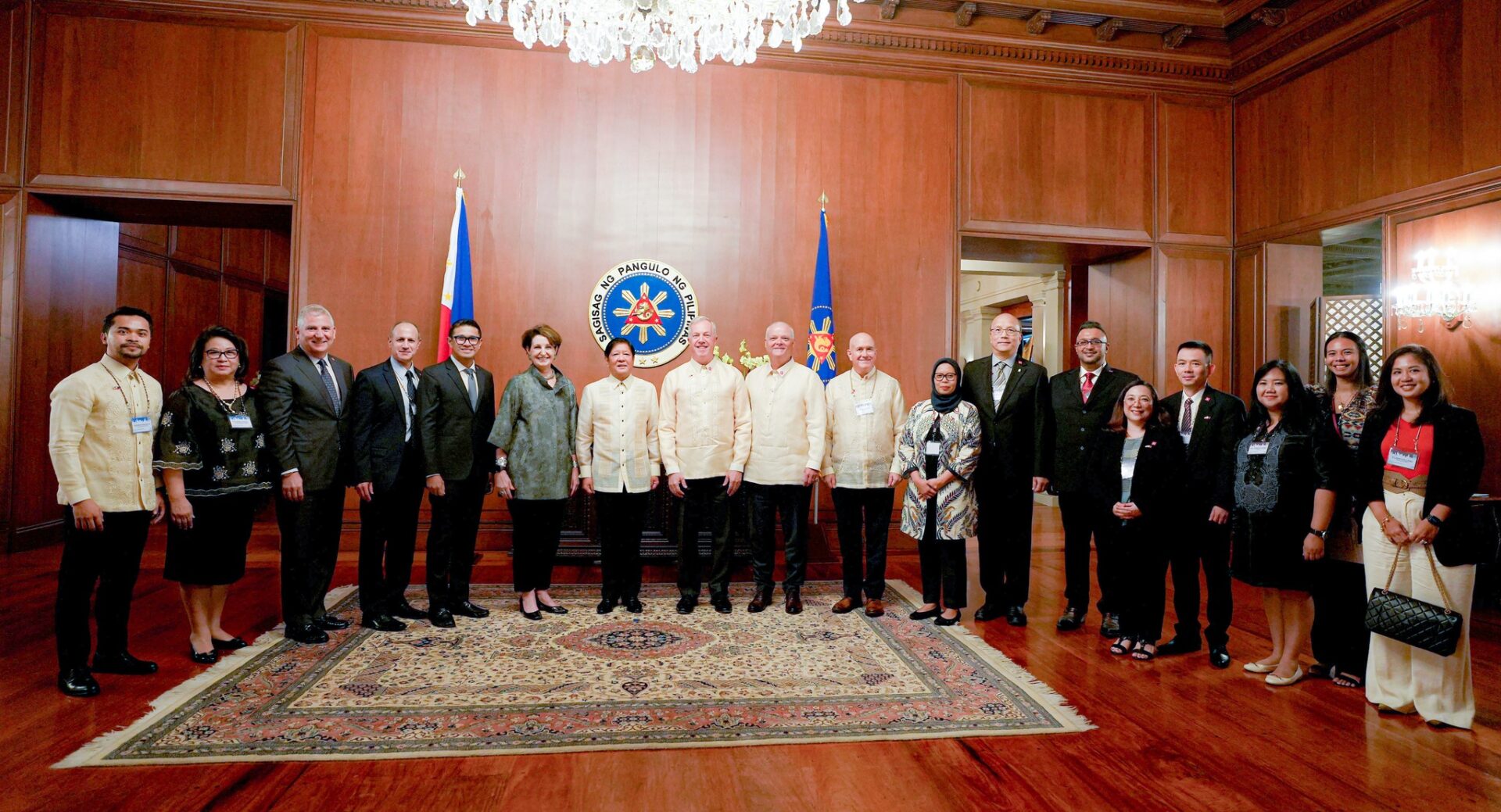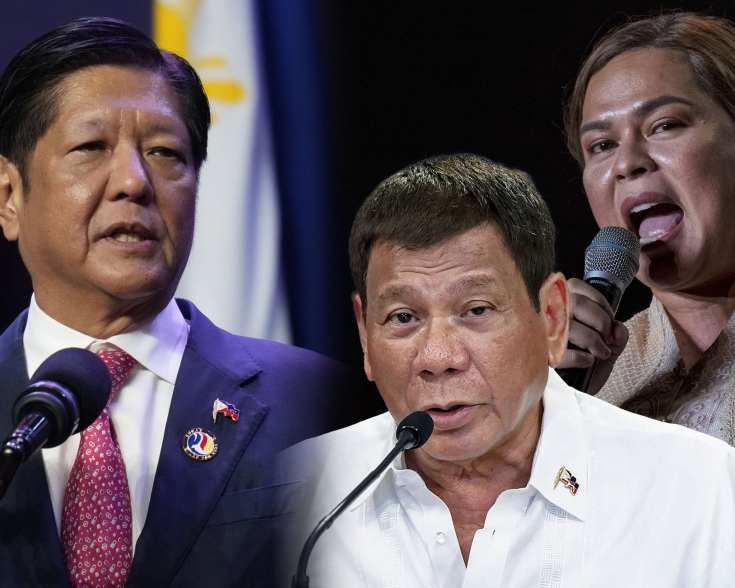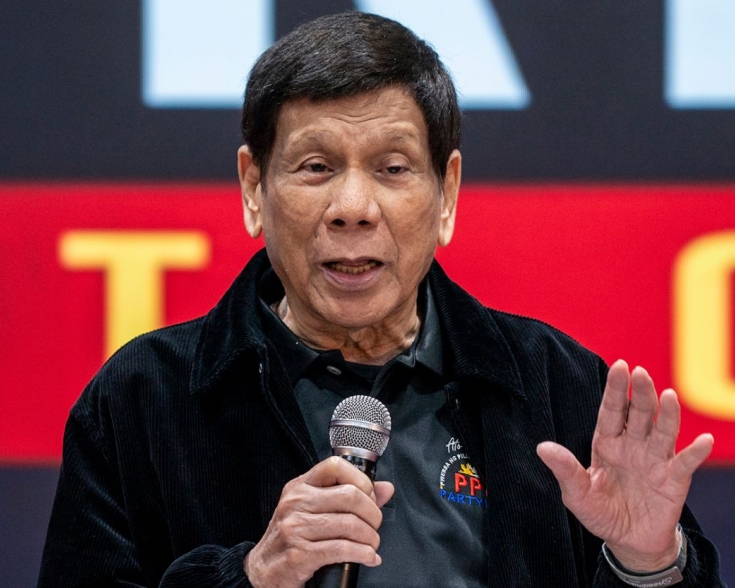U.S. Secretary of Defense Pete Hegseth Makes First Stop in Asia, Strengthening Commitment to the Indo-Pacific
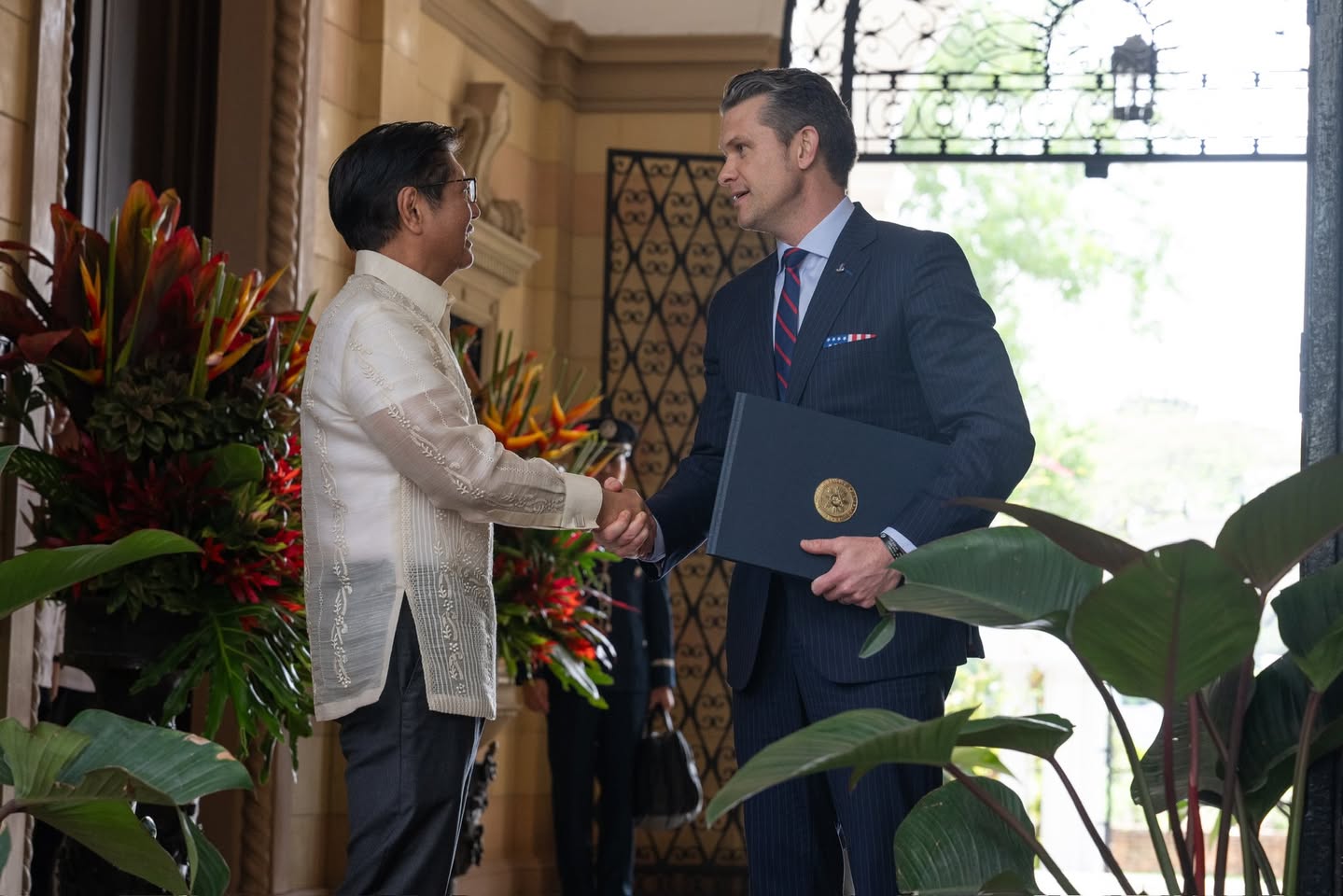
From March 27 to 28, United States Secretary of Defense Pete Hegseth visited the Philippines, marking his inaugural trip to Asia. Hegseth met with President Ferdinand Marcos, Jr. and Secretary of National Defense Gilbert Teodoro, reaffirming Washington’s commitment to its alliance with the Philippines and upholding a free and open Indo-Pacific region. To reinforce this commitment, both countries emphasized the importance of defense agreements and outlined several strategic initiatives aimed at enhancing defense cooperation. Key initiatives include (i) deploying advanced U.S. military capabilities, (ii) conducting special operations training, (iii) enhancing defense industrial cooperation, and (iv) launching a bilateral cybersecurity campaign to strengthen deterrence and interoperability in the Indo-Pacific. The United States has exempted USD 500 million from its foreign aid freeze to help the Philippines upgrade its military capabilities. Furthermore, both countries signalized strong cooperation amid growing threats from China. President Marcos remarked that the U.S. defense chief’s decision to visit the Philippines first in his trip to Asia conveys a powerful message on strengthening cooperation to uphold stability in the region, particularly in the South China Sea. Hegseth emphasized that the Trump administration will ramp up deterrence against threats from China.
Hegseth’s visit suggests that the Philippines may have sidestepped some foreign aid disruptions brought about by the new administration and is likely to remain an important partner to the United States. Last March 24, Philippine Ambassador to the United States Jose Manual Romualdez mentioned that Secretary State Marco Rubio is also expected to visit the Philippines in April. These twin visits by top U.S. officials to the Philippines may soon be followed by a visit by President Marcos to the White House. The United States’ efforts to strengthen ties with the Philippines underscore the country’s strategic importance in U.S. foreign policy, especially amid escalating geopolitical tensions with China. Moreover, in contrast to U.S. trade policy towards international partners, Washington’s diplomatic initiatives in Asia reflect its commitment to deepening defense and security related engagement with regional allies. Hegseth’s visit to the Philippines was followed by a stop in Japan, another strong U.S. ally.
